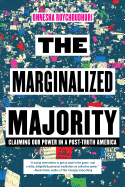 At a panel on the first day of Children's Institute 6 in New Orleans, La., five booksellers from around the U.S. shared best practices and lessons learned from planning and executing large-scale events. Moderated by Lauren Savage, co-owner of The Reading Bug in San Carlos, Calif., the discussion included Stephanie Appell of Parnassus Books, in Nashville, Tenn., Angela Whited of Red Balloon Bookshop in St. Paul, Minn., Alex Schaffner of Brookline Booksmith in Brookline, Mass., and Heather Herbert, owner of Children's Book World in Haverford, Pa.
At a panel on the first day of Children's Institute 6 in New Orleans, La., five booksellers from around the U.S. shared best practices and lessons learned from planning and executing large-scale events. Moderated by Lauren Savage, co-owner of The Reading Bug in San Carlos, Calif., the discussion included Stephanie Appell of Parnassus Books, in Nashville, Tenn., Angela Whited of Red Balloon Bookshop in St. Paul, Minn., Alex Schaffner of Brookline Booksmith in Brookline, Mass., and Heather Herbert, owner of Children's Book World in Haverford, Pa.
Savage and Schaffner both stressed the importance of briefing staff members before large-scale off-site events. Savage recalled one off-site event that brought in more than 1,000 people, where she missed the opportunity to brief her staff before they started taking tickets because she was interviewing the author for the store's podcast. This led to "chaos" in the ticket area and people waiting in line longer than they should have been. Her big take-away, she said, was making sure her staff knew "exactly where they needed to be."
Schaffner, meanwhile, said that for large events, booksellers should plan "everything that has to get done" and then figure out how many staff members that's going to take. They added that for every event the store does that will bring in more than 150 people, staff members write out a checklist of everything that has to be done and then goes over it in a "huddle" before the event starts.
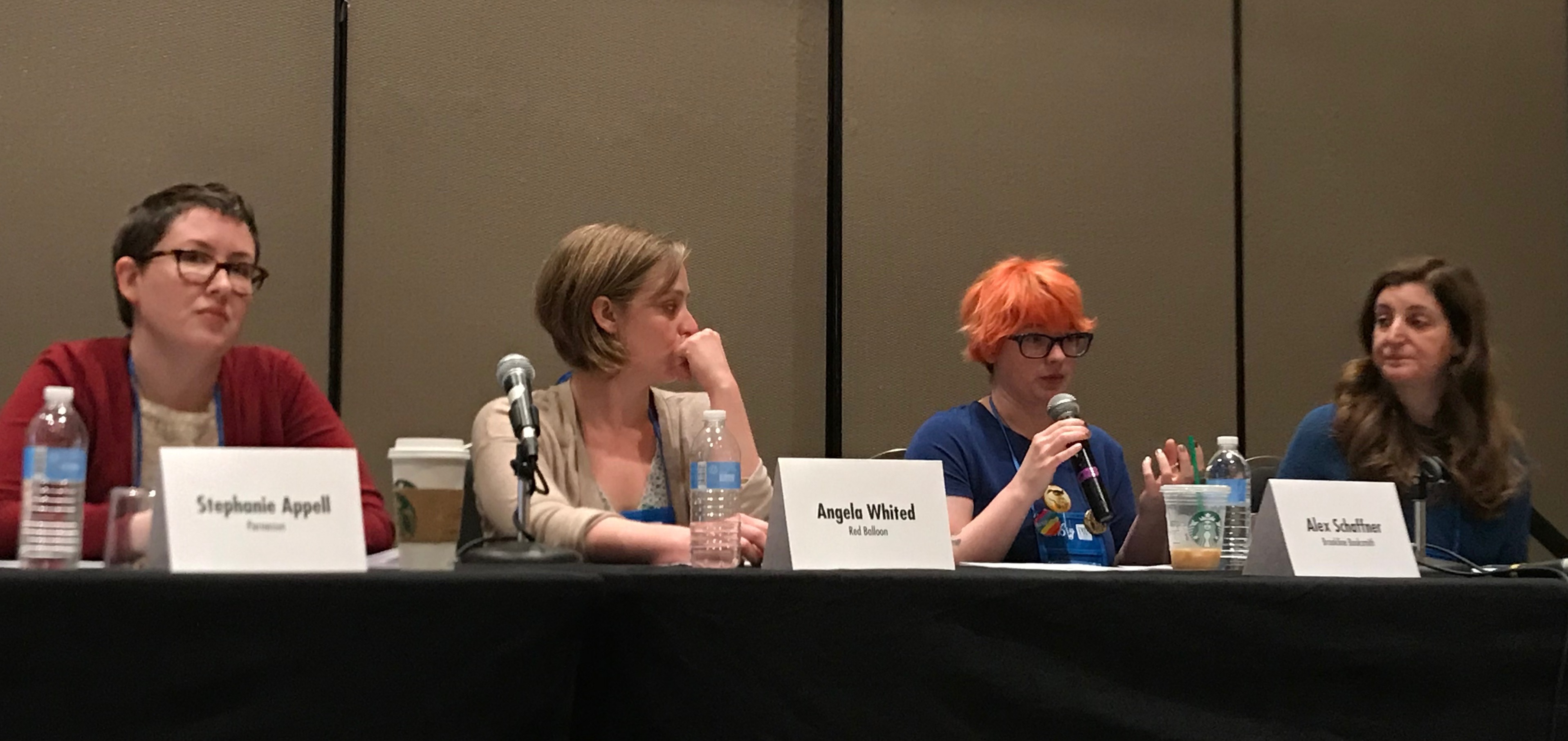 |
| Panelists Stephanie Appell, Angela Whited, Alex Schaffner and Heather Herbert |
Herbert reported that she learned the most from doing an event with an English YouTuber who was making only three stops in the U.S. Herbert and her staff had no idea about popularity and decided to have customers call to reserve a ticket. For the next eight days "the phone rang constantly," and there were so many calls they had to set up a separate space in store just so someone could keep answering the phone. After that, Herbert said, she began using the ticketing service Brown Paper Tickets and recommended that every bookseller use a similar service, whether it be Brown Paper, Eventbrite or something else.
When it came to proposing events to publishers, Appell said that every time she does an event, she's thinking of how she can use this event to set up the next one. In every Edelweiss proposal she makes, she mentions past events with comparable authors, and recommended that booksellers try to put themselves in the publicist's shoes.
On the same topic, Whited said she tries to relay how much fun the event is going to be and convey her store's "blazing enthusiasm." She explained that she mentions things like preferred venue for the particular author, expected attendance and sales based on similar past events, and even planned activities for keeping people occupied in the signing line, such as costume contests, to make it as easy as possible for the publicist to think, "oh, they know what they're doing."
In terms of promoting events, Appell noted that Parnassus had been "burned a couple of times" in the past when hosting celebrities with huge platforms and online followings. Occasionally those celebrities have either not used that platform at all to promote the event or waited until two days before the event to start mentioning it on social media. Appell said she has "stopped being diplomatic" about the issue and now asks publicists directly how dedicated a given celebrity is to promoting in an event. Sometimes it can lead to a tough or awkward conversation, but when these sorts of events are successful, they draw incredible crowds.
After an audience member asked how much the panelists charge when they sell tickets that include the price of the book, most said they did not usually charge much more than the price of the book unless there was a special circumstance. Herbert differed, saying "it's okay to charge an extra five bucks" for a ticket, and suggested that most booksellers "really undersell" the value of the services they provide when it comes to hosting events. --Alex Mutter
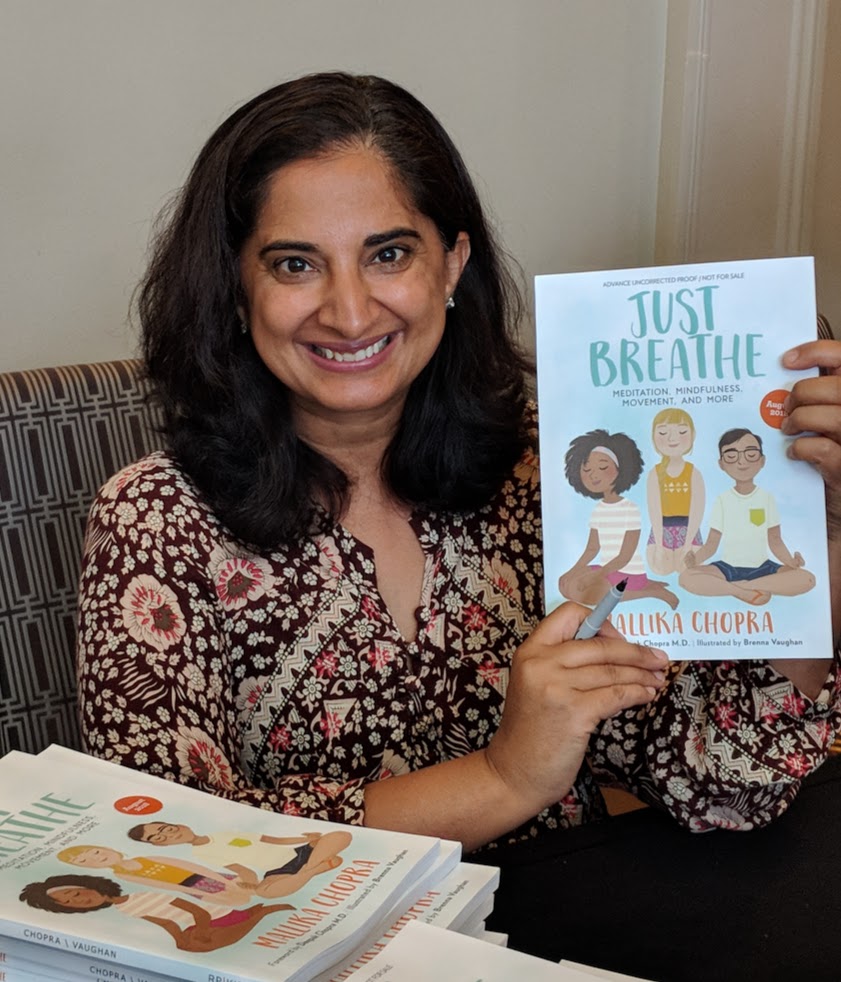







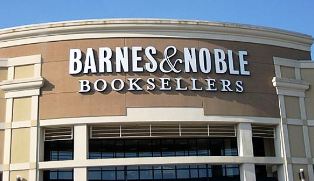 During the fiscal year ended April 28, total sales at Barnes & Noble fell 6%, to $3.7 billion, and the consolidated net loss was $125.5 million ($1.73 a share), compared to net earnings of $22 million (30 cents a share) in the previous year.
During the fiscal year ended April 28, total sales at Barnes & Noble fell 6%, to $3.7 billion, and the consolidated net loss was $125.5 million ($1.73 a share), compared to net earnings of $22 million (30 cents a share) in the previous year.
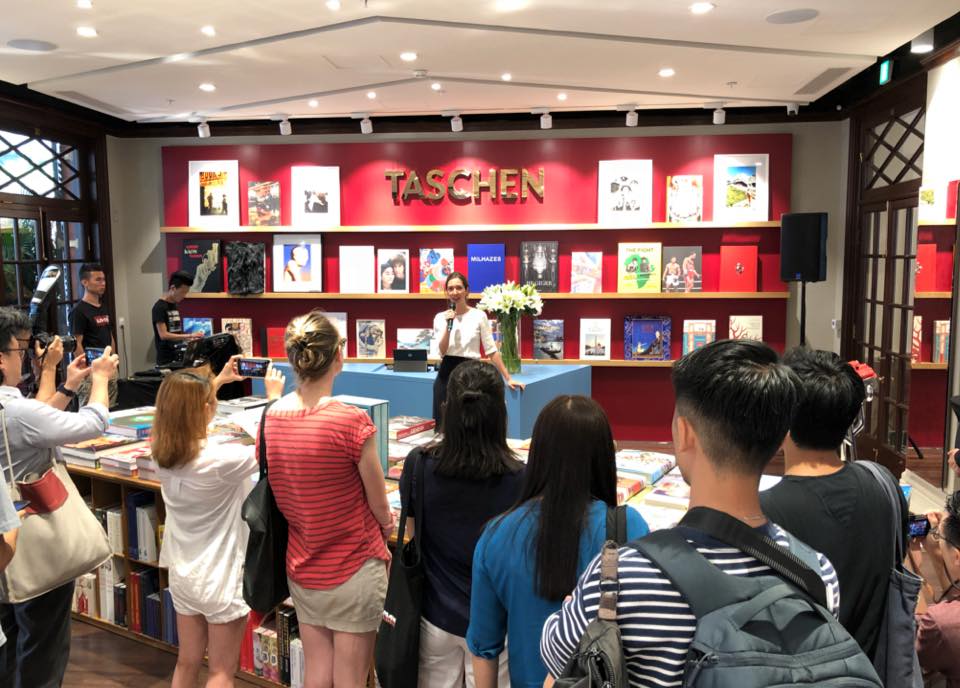
 Audiobook sales in 2017 rose 22.7%, to $2.5 billion, over the previous year and unit sales rose 21.5%, according to the
Audiobook sales in 2017 rose 22.7%, to $2.5 billion, over the previous year and unit sales rose 21.5%, according to the  At a panel on the first day of Children's Institute 6 in New Orleans, La., five booksellers from around the U.S. shared best practices and lessons learned from planning and executing large-scale events. Moderated by Lauren Savage, co-owner of The Reading Bug in San Carlos, Calif., the discussion included Stephanie Appell of Parnassus Books, in Nashville, Tenn., Angela Whited of Red Balloon Bookshop in St. Paul, Minn., Alex Schaffner of Brookline Booksmith in Brookline, Mass., and Heather Herbert, owner of Children's Book World in Haverford, Pa.
At a panel on the first day of Children's Institute 6 in New Orleans, La., five booksellers from around the U.S. shared best practices and lessons learned from planning and executing large-scale events. Moderated by Lauren Savage, co-owner of The Reading Bug in San Carlos, Calif., the discussion included Stephanie Appell of Parnassus Books, in Nashville, Tenn., Angela Whited of Red Balloon Bookshop in St. Paul, Minn., Alex Schaffner of Brookline Booksmith in Brookline, Mass., and Heather Herbert, owner of Children's Book World in Haverford, Pa.
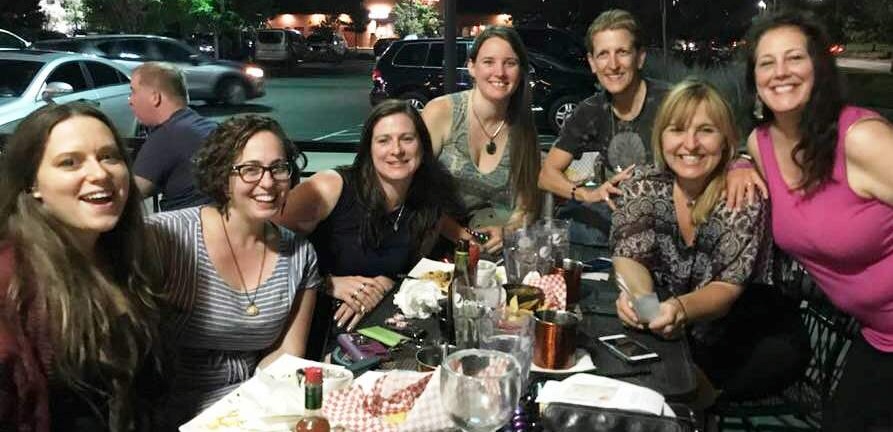 During the
During the 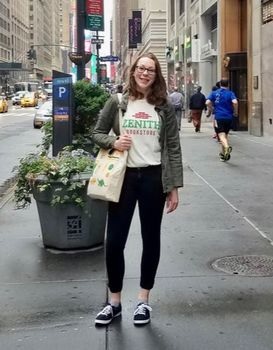
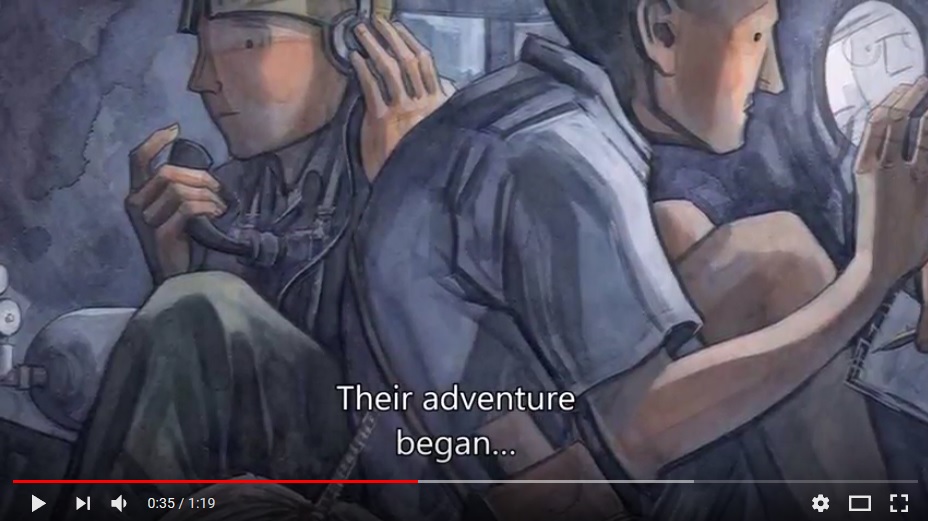 Otis and Will Discover the Deep: The Record-Setting Dive of the Bathysphere
Otis and Will Discover the Deep: The Record-Setting Dive of the Bathysphere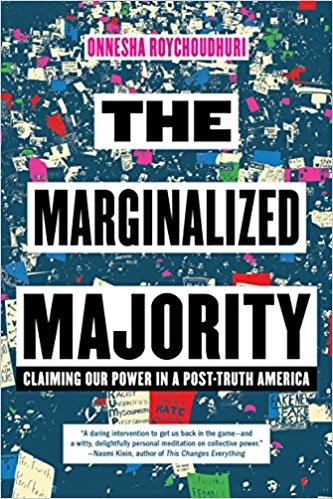 Onnesha Roychoudhuri is a journalist, activist and first-generation Indian American who learned Spanish in part because people keep mistaking her for a Latina. In her first book, The Marginalized Majority, she encourages everyone who feels attacked or dismissed by the current U.S. government to look around, recognize each other and take heart. "What if, instead of viewing this as a country divided, we view it as a country in a political moment when we do not have the leadership the majority of us want and deserve?"
Onnesha Roychoudhuri is a journalist, activist and first-generation Indian American who learned Spanish in part because people keep mistaking her for a Latina. In her first book, The Marginalized Majority, she encourages everyone who feels attacked or dismissed by the current U.S. government to look around, recognize each other and take heart. "What if, instead of viewing this as a country divided, we view it as a country in a political moment when we do not have the leadership the majority of us want and deserve?"